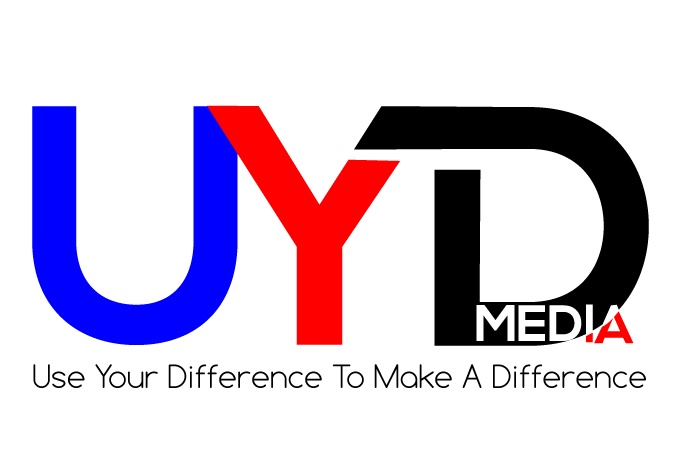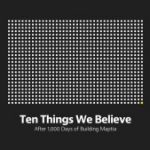By Nicole Edry
It’s easy to be fascinated by the rampant rainbow array of cultures in our world. Especially when you think about the unique history building and changing and molding each one. About how many brilliantly subtle strands shape each people, make us separate yet similar in often unexpected ways.
As a traveler, you get to catch a glimpse of those shifts and trends. Far easier to spot than in your own home country, sometimes it seems like you’re living in the Discovery Channel, watching beautiful, amazing patterns living and breathing around you.
As with everything, there is both good and bad in this.
The bad is unfortunately far easier to put a finger on. We see it in headlines and tragedies and everyday interactions, in judgements passed on somebody who is not even known. There is fear associated with “other”, with natural forces of society and culture like traveling, some of it rightfully attained but much of it based on little more than hot air.
Going somewhere else, somewhere away from home and alien to all you know, is something that I’ve seen make or break people. Rarely is there an in-between of those who remain entirely unchanged by the experience, but they exist too. Whether it’s for a few days, few weeks or closer to a year, it slowly starts to unravel and re-shape who you are.
I believe everyone should travel however and wherever they can– and yes, it is possible to do on a on a fully 99% budget– but I completely acknowledge that this slowly abrupt change may be exhilarating yet is also seriously scary.
Elements that were under your control are now wildly unpredictable and the future looms like a vast, horrifying unknown. People can break under the pressure of adaptation compounded by the weight of fulfilled and unfulfilled expectations.
And yes, it may sound cliché but the true journey takes place in your own head and heart. For it is far easier to clash with a population and culture that has ways different to what you know than it is to bend, fold and grow together in a communal weave.
Sometimes, generalizations of these vibrant, vital other threads leads to stereotypes, stigmas, misunderstandings and worse. When it seems like you can put a label on, can identify or spot the seemingly obvious, it becomes far harder to see the millions of multi-hued variations actually buried beneath unread covers.
The good always seems to come later on, with reflection and reminiscence and probably a dash of wine-soaked nostalgia. It arrives when you finally realize you can’t tame another people into simple understandings and appreciate the beauty of that surrender. Along with the far-too-often engaged twitching of conquering fingers, there is a sense of profound wonder in something not discovered. Or, even better, something that never can be.
It’s probably why there’s such an element of unexplored corners and intriguing mystery inherent to the appeal of travel. In watching the easygoing interplay of bartering business folk at open-air markets in Africa and Asia, the gorgeous, toweringly ancient architecture of Europe, the lovely, haunting changeable sands of the Middle East.
By accepting your role as spectator and one who is just passing through with respect, you can become a greater part of the whole and experience things that before seemed impossible.
I’ve had the distinct privilege of bathing and feeding elephants near natural preserves and waterfall staircases in Laos. Bearing witness to the immense sense of weight and powerful splendor running wild along with thoroughly menacing monkeys through the Great Wall and Zhangjiajie parks in Beijing and Hunan, China.
I communed with my ancestors under a splendidly clashed sky in the heart of Morocco, surrounded by oases, camels and nomads straight out of Arabian Nights. I picnicked with a feast of the best wine, cheese and fruit of my life by the Tiber, still awestruck after the Coliseum and St. Peter’s Basilica.
Pondered the elegant, just-under-the-civilized-surface-veneer of majestic gaiety fluttering lustrous painted skirts and peeking out midnights in Paris. Wandered, lost and happy to be so in the frozen panoply of sprawling, wild Canada. Was completely and utterly silenced by evidence of Nature’s glorious sepia paintbrush striping and striating the vast reaches of the Grand Canyon.
I mourned under the heartbreakingly pure devastation of the Wailing Wall, eyes tracking over countless tributes and paper memories stuffed into the cracks. Was seduced by the spine-tingling strums of exquisitely detailed flamenco riffs from a gypsy with his guitar under the echoing stately walls of the Alhambra at a Granada sunset.
And none of it, absolutely none of it, stemmed out of anything I could remotely predict. I was supposed to study abroad in London and ended up in a small city in Andalusia. I accepted an unthinkable invitation to live for a year in almost-insanely rural China. I took a last-minute spot on a road trip with a bunch of almost-strangers from Europe to the north of Africa.
Don’t get me wrong, the planned stuff was incredible, too. But only by opening myself up to the possibility of predictability, and the potential of what couldn’t be known, did I have the life-changing unforgettable experiences that I did. Now, it’s something that I seek to recapture every day. It keeps me believing in the amazing things humanity is capable of instead of focusing on warped weaves, rotten threads or strained rifts and divides.
The next time you take a trip, even if it’s just somewhere local, remember the sense of awe your ancestors felt the first time they set foot on a new land, the bewitching, breathtaking hubris of daring to call such a place home. Imagine what it would be like to only see the plain dazzling fabric created by our united threads, by the pieces that connect us even when we seek to suppress them.
Channel the wide-eyed joy of your infancy, starting to put shapes to the world around you, discovering things for the very first time. Embrace the path of wisdom that yields graciously to things not yet named and learns with close-cherished excitement.
Discover why our differences make us who we are.




